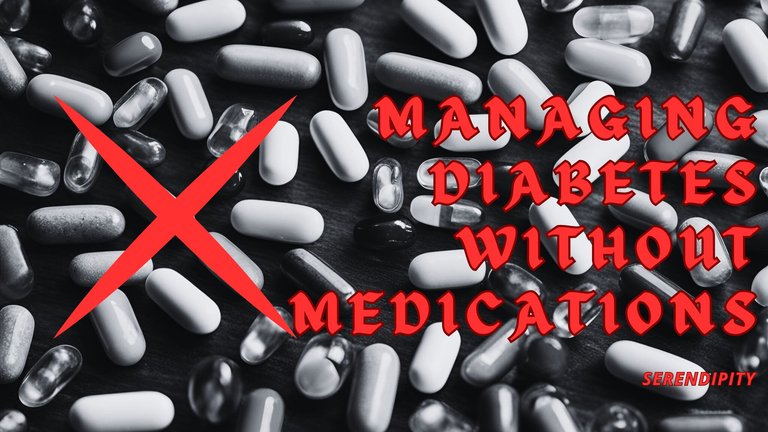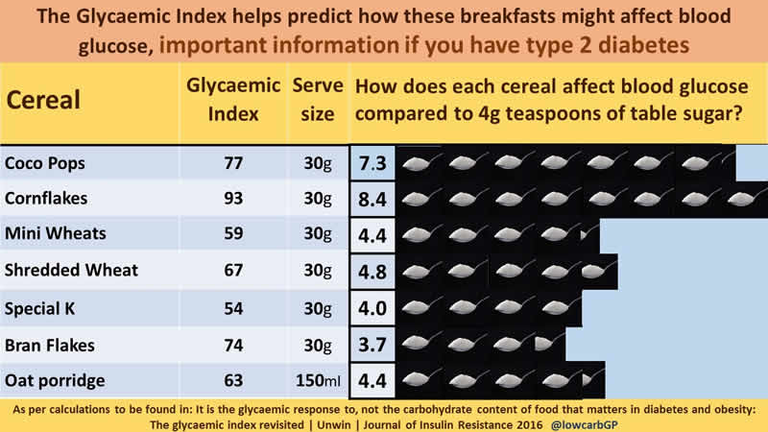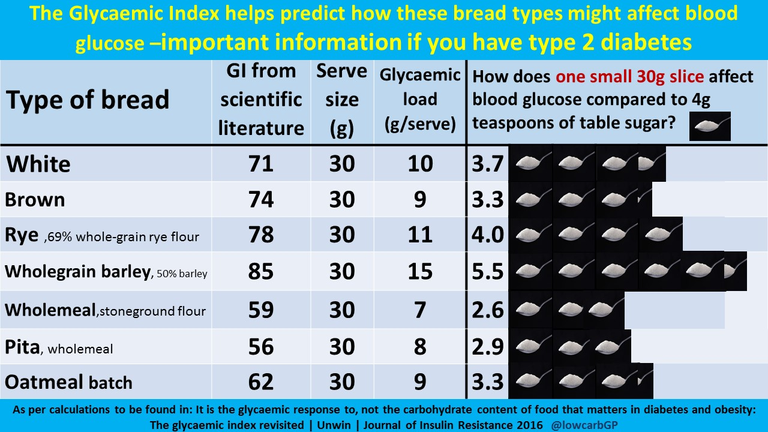Managing Diabetes Without Medications

He is a good doctor who knows when not to treat.
-Hippocrates.
I have always considered that a good doctor is one who is conservative in his approach towards medications. I mean, one who would do everything possible to ensure that a patient get's well without popping a pill, or undergoing a surgical procedure. But in the age we live in, and with the advent of insurance companies and the idea of "billables", it is very difficult to stay true to that.
I recently had an encounter that cemented this even more in my mind. My mother recently took ill and had to go see a doctor. She went in and told the doctor the symptoms she was having, I am not sure if she was examined thereafter, but she got to do some scans. After looking at the result of the scans, the doctor looked at my mum and told her that she would need surgery if she was going to get any better.
Hearing the word "surgery" put a terrible scare in her and she decided to talk to yours truly about it. When I assessed the situation, I didn't see the necessity for a surgical procedure as a definitive treatment. I told her to get me the contact of the doctor so I could understand why he thought surgery was definitely the way to go.
After speaking with the doctor, he agreed that there were other options to explore that did not involve surgery. We agreed on a plan with my mum together, and she is fine now. That experience got me thinking. A surgical procedure would definitely put a lot more money in the pocket of the doctor he could probably get a commission for such a surgical procedure. And although I am speculating based on my own experience in the medical system, there is a lot of truth to this.
What would have happened if I wasn't a doctor? What would have happened if I didn't understand the illness well enough to proffer alternate solutions? I would probably have had to cough out an obscene amount of money for a surgical procedure that was not necessary.
Diabetes
When it comes to diabetes, I strongly believe that people should exhaust every possible option for blood glucose management before they begin medications. I know some people who might disagree with me, but after I make my case, you would agree with me.
How Does Diet Affect Diabetes?
Multiple studies have shown clearly that specific foods can drastically improve blood sugar control and can lead to diabetes remission. Some other foods have a really bad effect on your blood sugar levels.
Here is an infographic I found on the Diabetes.co.uk website that illustrates in a brief way the effects of food on blood sugar as compared to the number of teaspoons of sugar.

Here is another one that shows how different kinds of bread can affect your blood sugar.
You will find many more infographics for other food sources including fruits and vegetables on the site above. It clearly tells us that not all foods are the same when it comes to how food affects our blood sugar levels.
In the case of Type 1 diabetes, although there is no alternative to insulin injections, there are numerous benefits of controlling blood sugar with the right kind of diet to prevent having episodes of hypoglycaemia which can be fatal. We will explore these benefits in another post.
However, when it comes to Type 2 diabetes, it is 100% possible to reverse the disease using diet alone. This may differ from person to person as to the amount of time it would take and the kind of adjustments that need to be made in concert with a trained healthcare professional. There may still be people who would need medications despite having a very good diet plan, but a good diet plan would ensure that they do not take increased doses of the medication, thereby opening them up to side effects.
Let us examine some kinds of diet that have been making the rounds for their successes in reversing type 2 diabetes.
Low Carb Diets and Ketogenic Diets
The Low Carb Diet was made popular by Dr Atkins with his book called the 'New Diet Revolution' in the 1990s. Among other things, here are the three core principles of the diet.
Carbohydrates are broken down into glucose, which raises blood sugar levels. To lower blood sugar, the body releases insulin, a hormone that allows cells to absorb glucose for energy or storage.
Low-carb diets reduce the amount of glucose in the bloodstream by limiting carbohydrate intake. This can help prevent insulin spikes and reduce overall insulin levels, making it easier for the body to tap into stored fat as a fuel sourceWhen carb intake is very low (often below 50 grams per day), the liver converts fat into ketones, which can be used as an alternative energy source. This state, called ketosis, shifts the body from relying on glucose to primarily using fat for fuel.
In ketosis, fat stores are broken down more readily, which may enhance fat loss for weight managementLow-carb diets often reduce hunger and cravings, which may be due to stabilized blood sugar levels and hormonal changes, including reduced insulin and increased levels of satiety hormones like ghrelin and leptin.
High-protein and high-fat foods common in low-carb diets are also more satiating, which may reduce total calorie intake and help with weight loss.
The general idea with the Low carb diet is to switch the body from using glucose as it's primary source to ketones. This has been shown to have so many benefits especially with metabolic health. In fact, The state of ketosis induced by the keto diet was found to have seizure-reducing effects similar to those of fasting. This discovery paved the way for the ketogenic diet to become a standard treatment for epilepsy in children, particularly for those who didn’t respond to medications.
...to be continued
Thank you for reading.
If you like this then you would probably like other posts in this series. You can find them on my Blog

Nice post sir,
Don't forget to say that this is when the sugar level is still at the lower end of the diabetes scale, once it's above average, drugs should come handy because lifestyle modifications help but then would you take the risk of waiting for the slow response from it bearing in mind the fatal complications of diabetes
I share your concern about acting quickly before there are complications... That is why I mentioned doing it in concert with a healthcare professional not on your own...
A trained healthcare professional is able to look at the data and make the judgement call as to whether diet alone is sufficient or should be in combination with medications.
However, that is not the point of the post, the post is meant to lay emphasis on the fact that alone can be a therapeutic method for diabetes.
I hope this clears things sir.
Nah! I got the message of the post hence there was no need to reiterate those points
I just wanted to point out the area I felt needed concern but generally it's a great insight Doc
Well then, in that case your thoughts are well noted.
Thank you for taking the time to read and comment. I do appreciate the support.
You're welcome
Where are you practicing currently Sir?
My doctor recently advised me to stop taking one of my medications!
I always find your posts interesting and I am going to add the quote to my collection.
I am glad that my posts are helpful.
Very useful, thank you very much for sharing knowledge here.
Thank you for posting in the Ecency community
Sending you Ecency points ♥️
Use Ecency every day to boost your growth on the platform!
My pleasure.